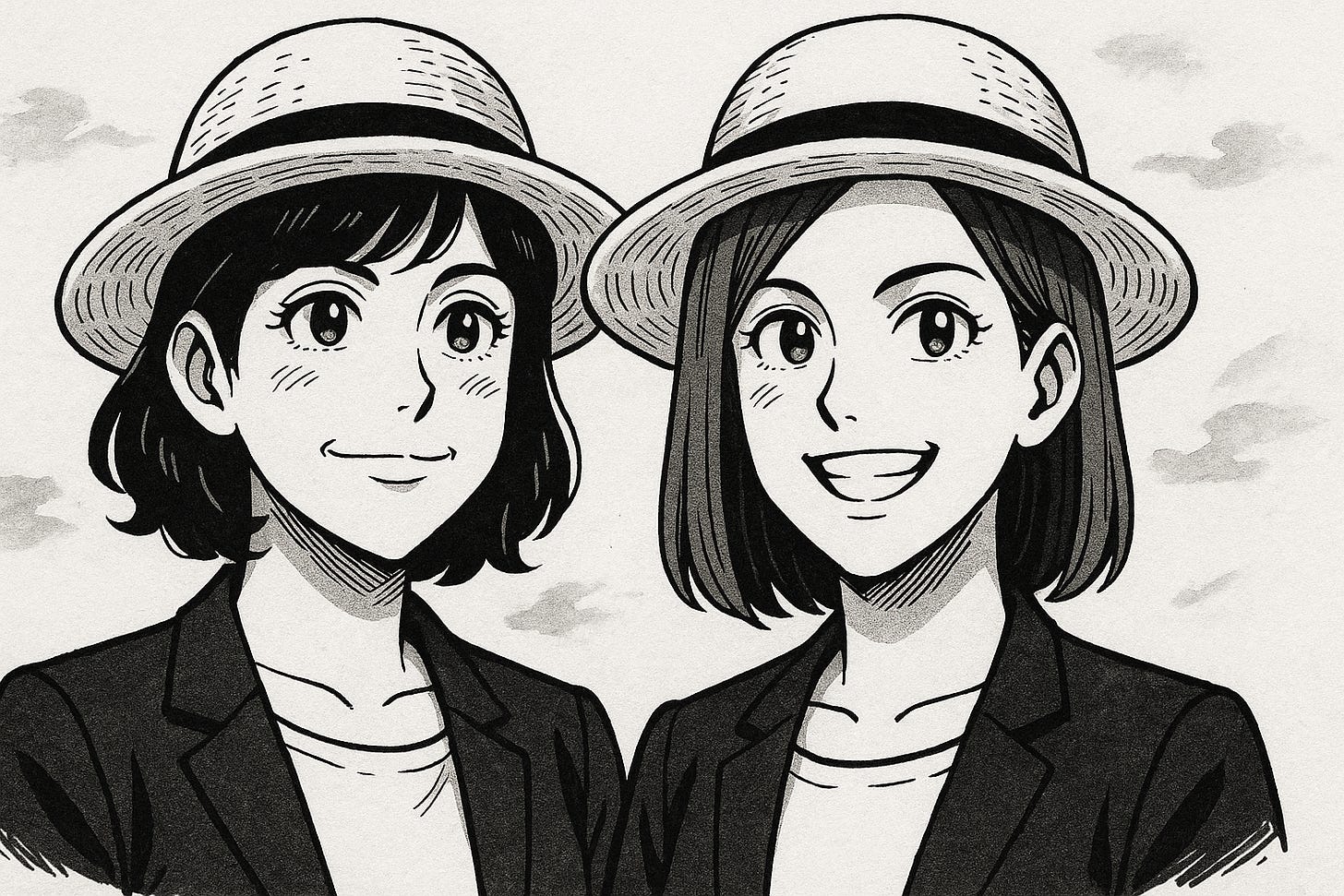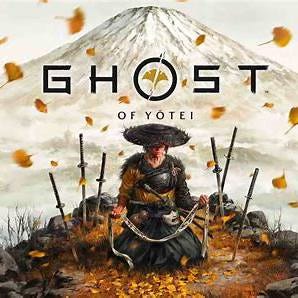I stopped worrying about Labour and dropped nine kilos
After a lifetime of fretting over Labour’s fortunes, I’ve finally discovered the perfect diet: stop trying to fix everything.
I eat more when I worry. I drink more when I’m under pressure. For a few years after leaving the Commons in 2019, I worried only about writing deadlines and my waistline thanked me every day. I was teetotal and at ease. These days, though, my anxieties have multiplied like the England flags on West Bromwich High Street. Early death, war and the Chancellor’s next idea for my pension pot keep me company at night.
I belong to a WhatsApp group called “Obsessive Proto-Pensioner”. It is full of men my age who trade links about holidays in Benidorm for the over fifties and the supposed bliss of waking up in a camper van with no idea where you are. You might call it anticipatory retirement.
My most productive thought this summer was a simple one: if I stop worrying about the Labour Party, I might stop eating like I am still in the Whips’ Office. Since August, I have lost nine kilos. The secret? Doing less. No more private notes, no more embarrassed texts of advice to be ignored. The party does not need another retired sage on the line. If anyone wants to know what I think, they can read it here. Let the special advisers put on the weight with the worry.
Still, old habits die slowly. I find myself fretting about Angela Rayner. Not about her politics, about her treatment. Politics eats its own when it smells vulnerability. I have seen that too often, people in trouble left to twist because helping them might look like weakness or open the party machine to tabloid media criticism. We talk endlessly about resilience but seldom about mercy.
If the next deputy leader wants a real mission, it should be to build more structures of care for MPs in crisis, something beyond brutal coldness of party headquarters, something human. When the machine rolls on, someone should at least check who it is rolling over. Deputy leaders and their predecessors could do that.
I said I would not comment on the deputy leadership race, and I will not. Both Lucy Powell and Bridget Phillipson are exactly what the party needs, serious, decent and capable of disagreeing without detonating. I have known Lucy longer; she stood by me when a tabloid storm hit. Bridget, too, has courage and empathy. Either would make the party machine gentler in its toughness, which is a paradox of good leadership. They’d also both be able to tell Keir what he needs to hear.
If Emily Thornberry had entered the race, I might have been tempted out of retirement, if only for the sport. Alas, she could not gather the numbers.
So I am left where I began, watching, not worrying, weighing myself more often than weighing in politically.
Perhaps that is progress. After all these years of campaigns and committees, I want a bit of serenity. And if the Labour Party can run itself without giving me cause to open the fridge so often, I may yet live to enjoy that camper van morning when the only question worth asking is what day it is.
Reading
In parts of Asia this summer, students filled the streets to protest corruption and the abuse of power. Many carried the skull-and-straw-hat flag from One Piece. That image caught my eye. The marches were tense and angry; the emblem, oddly hopeful. So I picked up East Blue, Eiichiro Oda’s first collected volume, to understand why. Within pages I saw it. Monkey D. Luffy, the boy who eats the Gum-Gum Fruit and turns into a stretchable misfit, dreams of being King of the Pirates not for gold but for liberty. His simple approach to life is loyalty, fairness and the refusal to bow, travels easily from the page to the street.
Read in the natural scepticism middle age, it is oddly restorative. Oda’s world is chaotic yet moral. Cruelty rarely wins and friendship usually prevails. The art is riotous. Unlike the Gaza protests on October 7th, rebellion need not lose its humanity. I have stuck a small straw-hat sticker as a reminder that even in turmoil, people still reach for symbols of hope.
Playing
I have stopped losing sleep over the Labour Party, but since owning an Atari console in the 1980s I have always lost sleep over video games. Ghost of Yōtei has done it again, partly because I worry that I cannot carry my PlayStation 5 into the retirement camper van, and partly because this successor to Ghost of Tsushima puts grief and vengeance on your shoulders and I am trying to leave both behind. When I studied the straw hat flag used in protests I saw hope in cartoon skulls; here the protagonist wears a straw hat too. Set around Mount Yōtei in a snowbound wilderness, the story follows Atsu on a quest against the Yōtei Six, the men who destroyed her family. It keeps Tsushima’s cinematic sweep, adds visual flourishes and lets you linger, drift and search at your own pace. Yet when vengeance calls, the combat snaps tight, the story pulses and you feel the weight of every choice. Writing the names of your enemies on the controller’s touchpad before hunting them down and killing them gives the game a strange, meditative satisfaction; it is a bit too close to my Whips’ Office years but I am going with it.
The heroine could be Lucy Powell or Bridget Phillipson, she is pure of heart and concerned with justice. The design invites wandering the land, like Kane in Kung Fu. It gives you grief and fury but also meditative stillness. I worry about losing access to my PS5 in the camper van on the road of retirement, but Ghost of Yōtei is the kind of game I dream about until I can return to it.



Hi,
Another lovely and life affirming piece from Tom Watson.